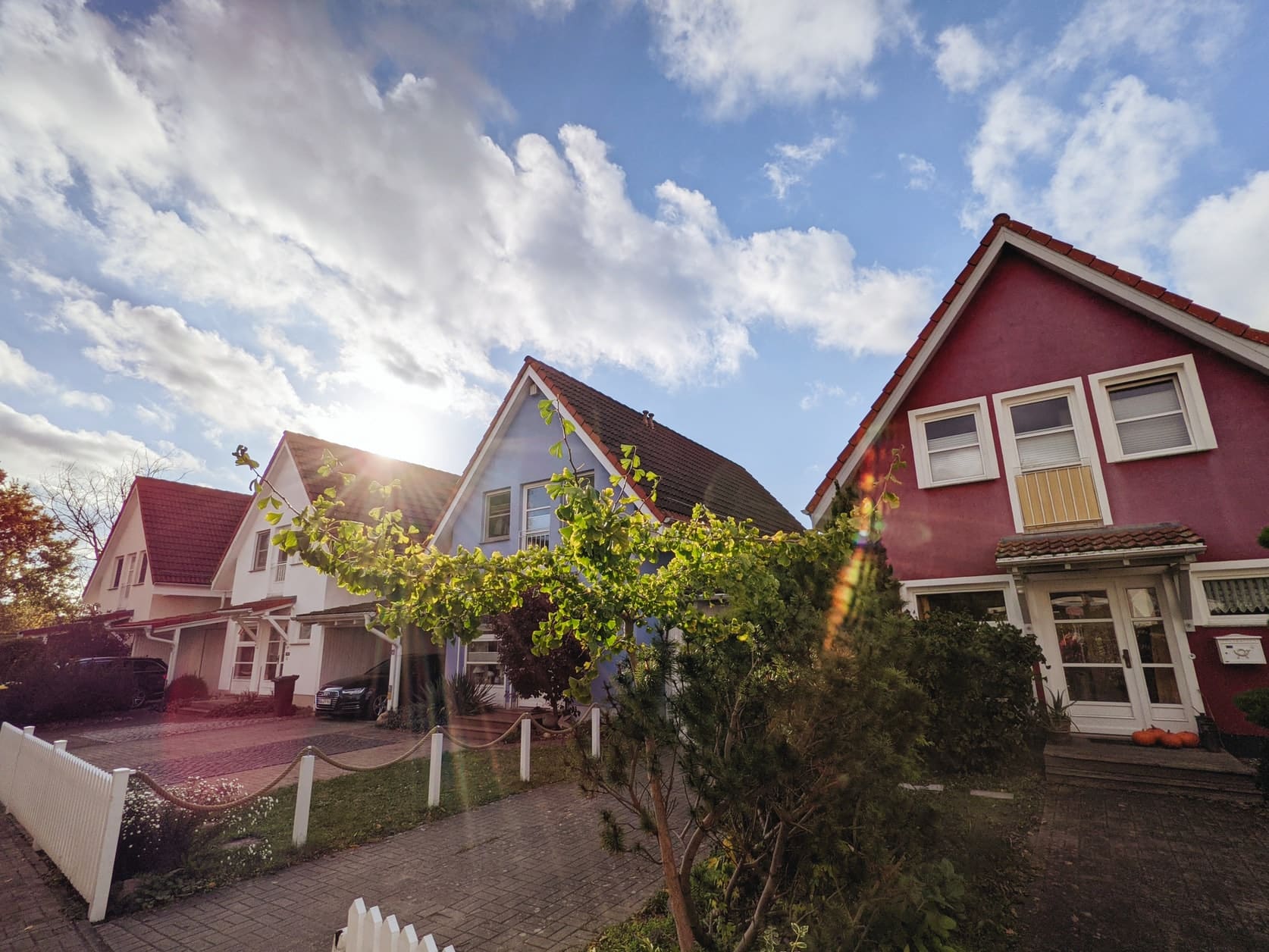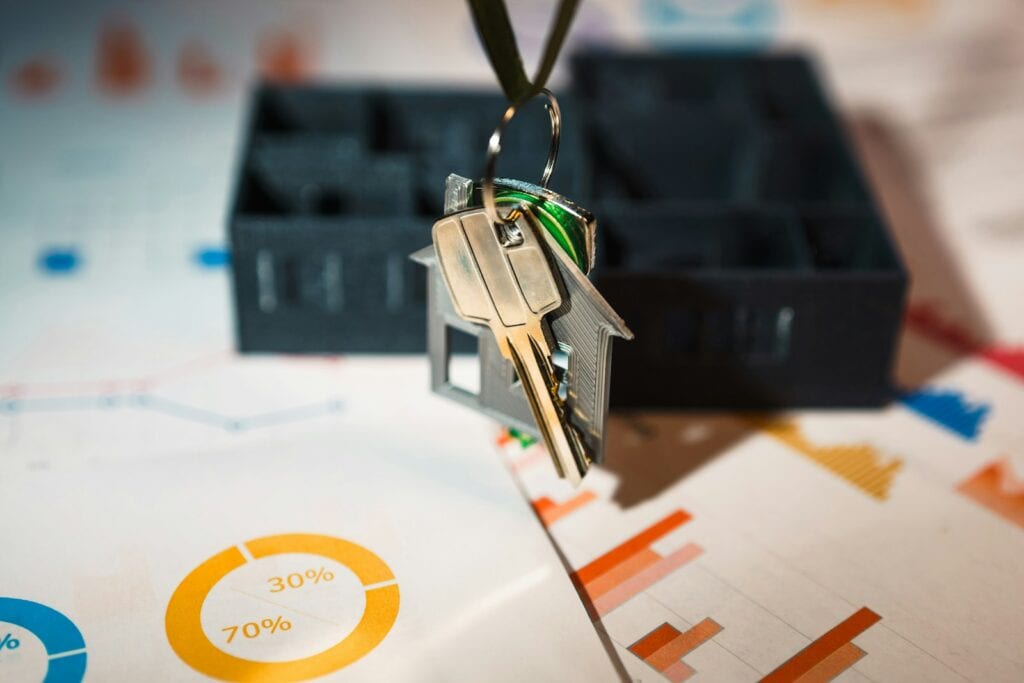Get Expert Financing
- Matched with investor-friendly lenders
- Fast pre-approvals-no W2s required
- Financing options fro rentals, BRRRR, STRs
- Scale your portfolio with confidence
The Chicago real estate market continues to evolve as we approach 2026, presenting a compelling landscape for investors seeking stable returns amid dynamic urban transformation. With median home prices reaching $324,200 and rental markets strengthening across emerging neighborhoods, Illinois offers a balanced investment environment that combines predictable appreciation with robust cash flow potential.
Recent data reveals that Chicago’s single-family home prices increased 6.3% year-over-year, while summer 2025 projections indicate continued 4% growth through August. This steady appreciation, coupled with normalizing inventory levels and strong rental demand, creates an advantageous entry point for strategic investors.
Chicago’s real estate fundamentals demonstrate remarkable resilience despite broader economic uncertainties. Home price appreciation has moderated to a sustainable 6-9% annually, marking a shift from the volatile growth patterns of previous years. This stabilization benefits investors by reducing acquisition competition while maintaining solid appreciation potential.
Inventory levels increased 3.9% in May 2025, providing investors with more property selection options. However, this increased supply hasn’t dampened price growth, indicating underlying market strength driven by employment growth in technology, healthcare, and financial services sectors.
The rental market remains particularly attractive, with gross rental yields averaging 5-6% for single-family properties in established neighborhoods. Emerging areas like South Shore and Bronzeville offer yields exceeding 8%, reflecting the significant opportunity for investors willing to target transitional neighborhoods.
Chicago’s neighborhood transformation patterns reveal compelling investment corridors for 2026. Logan Square and Avondale continue experiencing above-average appreciation driven by new developments and improved transportation infrastructure. These areas attract young professionals seeking urban amenities at more accessible price points than downtown alternatives.
South Shore, Hyde Park, and Bronzeville represent exceptional value opportunities, combining lower acquisition costs with improving amenities and strong rental demand from university students and healthcare workers. Albany Park and Humboldt Park show consistent rent growth and increased developer activity, indicating long-term appreciation potential.
| Neighborhood | Average Yield | Appreciation Trend | Investment Type |
|---|---|---|---|
| Logan Square | 5.5% | High | Buy-and-hold |
| South Shore | 8.2% | Moderate | Value-add |
| Bronzeville | 7.8% | High | Multi-family |
| Albany Park | 6.4% | Moderate | Rental portfolio |
These neighborhoods benefit from Chicago’s broader economic diversification, including tech sector expansion and continued healthcare industry growth. Infrastructure improvements, including public transit enhancements, further support long-term value appreciation.
Investment property financing in Illinois offers diverse options tailored to different investor strategies. Conventional investment loans require 20-25% down payments with competitive rates for qualified borrowers. DSCR loans have gained popularity among Chicago investors, qualifying properties based on rental income rather than personal financial statements.
Portfolio lenders provide flexibility for investors acquiring multiple properties, often offering customizable terms and faster closing timelines. Bridge and hard money loans serve investors pursuing fix-and-flip strategies or requiring rapid acquisition financing, though at higher interest costs.
Interest rates have stabilized in the 6.5-7% range for 30-year fixed loans, creating predictable financing costs for long-term investment planning. This rate environment, while higher than previous years, remains historically reasonable and supports positive cash flow in properly selected properties.
Illinois Housing Development Authority (IHDA) programs offer additional financing options for investors focusing on affordable housing development or rehabilitation projects in designated revitalization zones.
Chicago’s multi-family market presents exceptional opportunities for investors seeking scalable portfolio growth. Two-to-four unit buildings in transitional neighborhoods offer strong cash flow potential while providing housing options for the city’s diverse workforce.
Adaptive reuse projects in established neighborhoods like Pilsen and Little Village attract investors seeking higher returns through property transformation. These investments benefit from Chicago’s architectural heritage and zoning flexibility that supports mixed-use developments.
Commercial real estate opportunities include small apartment buildings and mixed-use properties in emerging corridors. These investments typically require larger capital commitments but offer superior returns through rent appreciation and property value growth.
Successful Illinois real estate investment requires careful attention to local market dynamics and risk factors. Property taxes in Cook County remain relatively high, requiring accurate cash flow projections that account for ongoing tax obligations. However, many neighborhoods offer tax increment financing (TIF) districts that can reduce effective tax burdens.
Climate considerations, including flooding risks in certain areas, should factor into property selection decisions. Infrastructure age in some Chicago neighborhoods may require additional maintenance reserves, though many areas benefit from ongoing city improvement initiatives.
Market timing remains favorable for investors prepared to act decisively. Current inventory levels provide selection opportunities while maintaining price stability, creating optimal conditions for strategic acquisitions.
Ready to capitalize on Chicago’s promising real estate market? The combination of stable appreciation, strong rental demand, and diverse financing options creates an ideal environment for building wealth through Illinois property investment.
Our team at My Perfect Mortgage specializes in connecting investors with the right financing solutions for Chicago-area properties. Whether you’re exploring DSCR loans for rental properties or seeking portfolio financing for multi-unit acquisitions, we provide the expertise and lending relationships to support your investment goals.
Get Pre-Approved for Investment Property Financing
Most conventional investment loans require 20-25% down payment, though some portfolio lenders may offer lower down payment options for qualified investors with strong credit profiles.
Emerging neighborhoods like South Shore and Bronzeville currently offer the highest yields at 7-8%, while established areas like Logan Square provide 5-6% yields with stronger appreciation potential.
Cook County property taxes average 2.3% of assessed value annually. Factor these costs into cash flow calculations, and consider properties in TIF districts for potential tax reductions.
Our advice is based on experience in the mortgage industry and we are dedicated to helping you achieve your goal of owning a home. We may receive compensation from partner banks when you view mortgage rates listed on our website.


